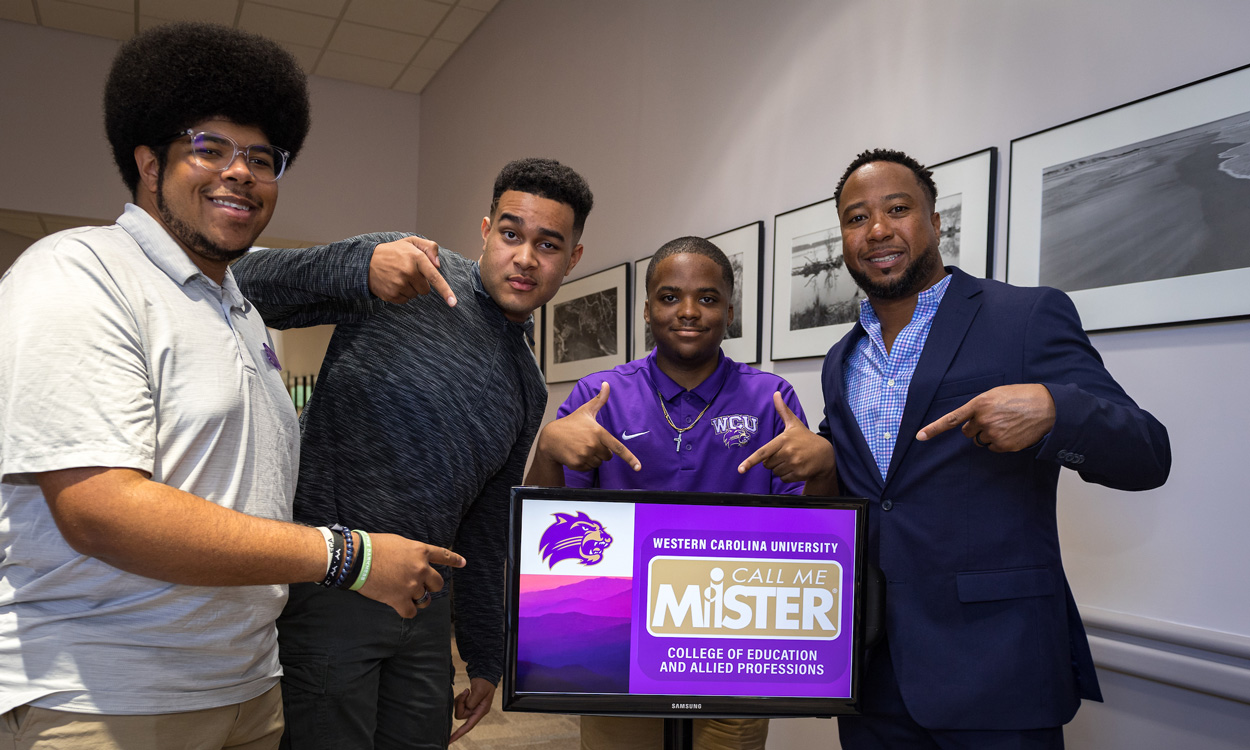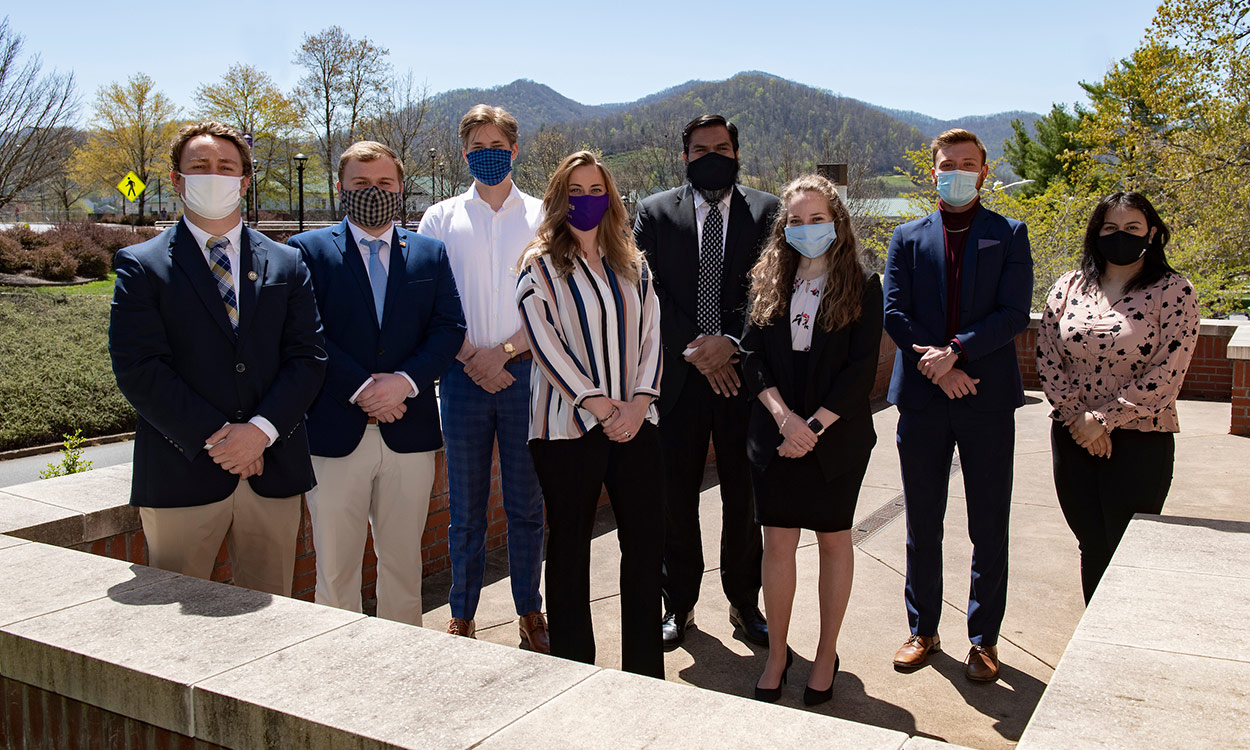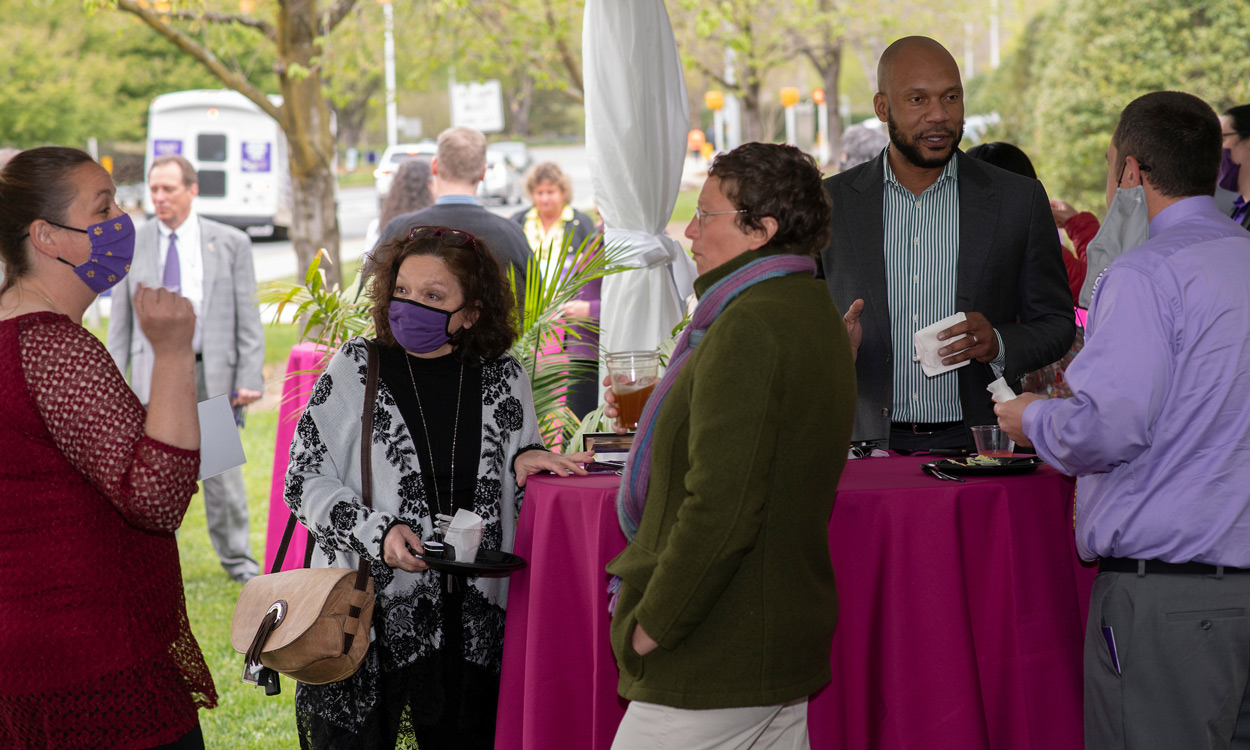CEAP looks to attract men of color through Call Me MISTER program
The landscape of the K-12 teaching environment across the U.S., and also North Carolina, lends itself to being predominantly comprised of white females. What’s hard to find are African American male teachers.
Western Carolina University is doing its part to help change that. WCU has partnered with Clemson University to start a Call Me MISTER program. Call Me MISTER, which is an acronym for Mentors Instructing Students Toward Effective Role Models is to increase the pool of available male teachers of color in the Western North Carolina region and across the state.
The Call Me MISTER program originated at Clemson in 2000. Since 2013, it has resulted in a 40 percent increase in the number of African American male teachers in South Carolina public elementary schools. The program now resides on 14 other South Carolina colleges and universities, in addition to institutions in Florida, Kentucky, Pennsylvania, Virginia, Missouri, Georgia, Tennessee, Kansas, Louisiana and Texas.

“Call Me MISTER is a program designed to get a different demographic in the classroom,” said Brandi Hinnant-Crawford, associate professor of educational research in the College of Education and Allied Professions. “What the literature tells us is having teachers of color has all kinds of benefits, not only just for kids of color, but especially for kids of color.
“When you have a teacher with a similar background, you’re less likely to have over-identification in special educations. You’re less likely to have disproportionate discipline practices. So, while this may look like an initiative to get a different demographic within the teacher ed program, the ripple effects for Call Me MISTER once the Misters get in the classroom is what is most exciting, the impact we can have for the kids of North Carolina.”
The College of Education and Allied Professions is looking to add three to five Misters to their initial cohort this fall. Each Mister will receive the following:
- Financial support for tuition and fees
- A technology package that includes laptops and software
- An academic support system
- A living and learning community cohort model for social and cultural support
- A mentorship program to support leadership development and personal growth
- Professional development and career support
- Community engagement opportunities, including summer internships
“I’m very proud of the Call Me MISTER program because to me it fulfills our college’s and university’s inclusive excellence mission,” said Charmion Rush, program director of Call Me MISTER at WCU and associate professor in the College of Education and Allied Professions’ Inclusive Education program. “It’s proof in the pudding. They’re putting their money where their words are; they’re putting their action into place.
“I think this program is wonderful because it eliminates some of those systemic barriers that we know keep people of color, especially men of color, from being as successful as they would like to be.”

Charmion Rush
The program also will be beneficial to all teacher education students, said Patricia Bricker, director of teacher education and associate dean for Academic Affairs. “We want all of our teachers to be prepared to teach all students and live in a diverse world. If we don’t have diverse people here, it’s hard to do that.”
Each year, the program will look to add three to five Misters from racially or ethnically diverse backgrounds. Some of the requirements include pursuing a degree in elementary, inclusive or middle grades education, or music, art or health and physical education with an elementary or middle grades focus; attending all scheduled Call Me MISTER seminars and activities; and upon graduation, teaching one year in an elementary or middle school for each year they received funds from the program.
The College of Education and Allied Professions, under the leadership of its dean, Kim Winter, has been committed to diversity, equity and inclusion. However, last year Winter said she had a shift in thinking.
“We have to move beyond let’s sponsor a bunch of events and bring in all these speakers,” Winter said. “In order to get systemic change, we need to have very specific goals. We need to take action. From my perspective as dean, that means fiscal support, human resource support. It’s kind of an, ‘I need to put my money where my mouth is,’ and maybe put my words out there a little bit more.”
Winter said fundraising efforts are underway to work to eventually provide all Misters with a full scholarship.
For more information on the Call Me MISTER program at WCU, contact Rush at cbrush@wcu.edu.


